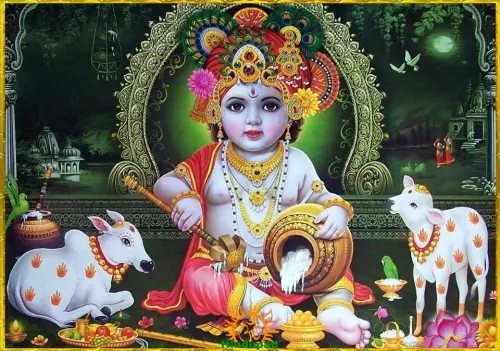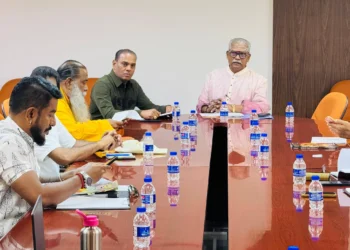Krishna Janmashtami, also known as Gokulashtami, is one of the most vibrant and significant Hindu festivals celebrated with immense devotion across India and many parts of the world. This festival marks the birth of Lord Krishna, the eighth incarnation of Lord Vishnu, who is revered as the preserver and protector of the universe. According to the Hindu lunar calendar, Krishna Janmashtami falls on the Ashtami (eighth day) of the Krishna Paksha (dark fortnight) in the month of Shravana or Bhadrapada, depending on the region.
The Birth of Lord Krishna
The story of Lord Krishna’s birth is deeply rooted in Hindu mythology and is a tale of divine intervention and the triumph of good over evil. Born over 5,000 years ago in the city of Mathura, Lord Krishna was the son of Devaki and Vasudeva. His birth took place under extraordinary circumstances. Devaki’s brother, King Kansa, had been forewarned that her eighth child would bring about his downfall. In a fit of rage and fear, Kansa imprisoned his sister and her husband, killing each of their newborns until the birth of Krishna.
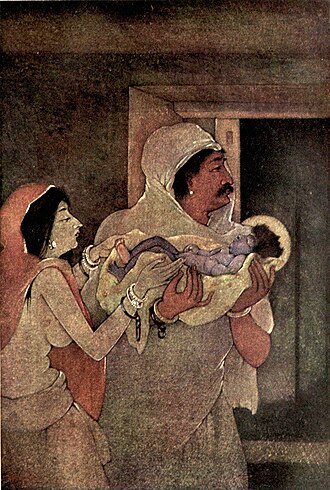
When Krishna was born, the chains binding Vasudeva miraculously unlocked, and the prison doors opened. Guided by divine intervention, Vasudeva carried the newborn Krishna across the Yamuna River to the safety of Gokul, where he was raised by Nanda and Yashoda. Krishna grew up to become the beloved cowherd of Gokul and later played a pivotal role in the Mahabharata, guiding the Pandavas to victory in the Kurukshetra war.
Devotion and Celebration
Krishna Janmashtami is celebrated with great fervor and joy, particularly in regions like Mathura, Vrindavan, and Dwarka, which are closely associated with Krishna’s life. The celebrations typically begin at midnight, the believed hour of Krishna’s birth. Devotees observe a day-long fast, which is broken only after the midnight puja (worship) when Lord Krishna is believed to have been born. Temples and homes are decorated with flowers, and idols of baby Krishna are placed in cradles, symbolizing his birth. The puja involves singing bhajans (devotional songs), reading the Bhagavad Gita, and performing aarti.
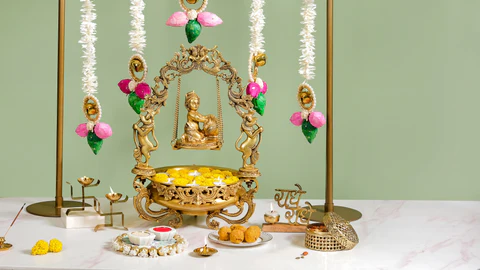
The Spiritual Significance
Krishna Janmashtami is not just a celebration of Krishna’s birth but also an occasion to reflect on his teachings and their relevance in our lives. Krishna’s life and teachings, particularly those in the Bhagavad Gita, emphasize the importance of righteousness, duty, and devotion. His message of “Karma Yoga” (the path of selfless action) continues to inspire millions around the world to lead lives of purpose and virtue.
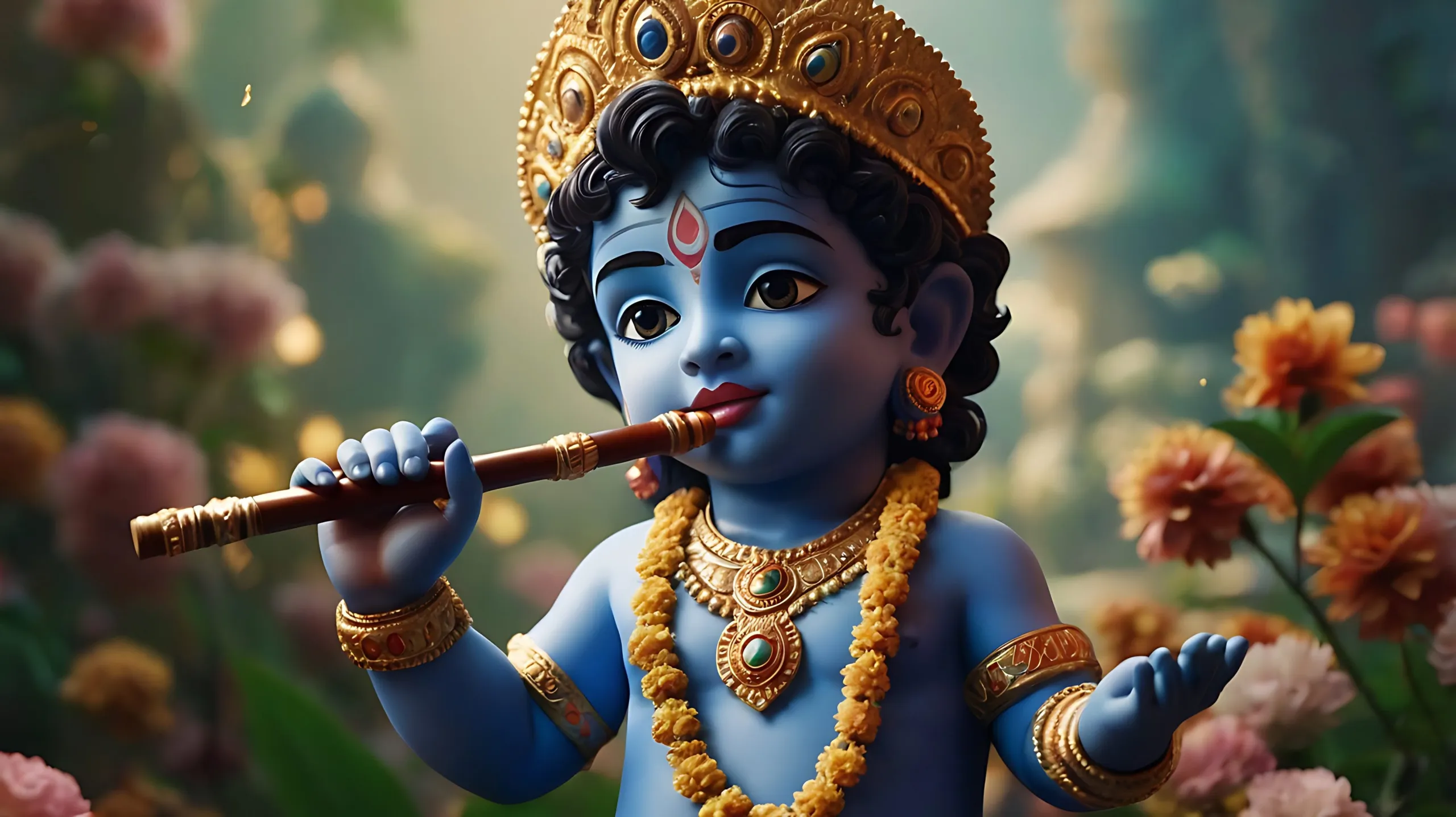
Krishna Janmashtami is a festival that brings people together in celebration of love, devotion, and the divine. It is a time to reflect on the timeless teachings of Lord Krishna, to seek his blessings, and to celebrate the joy and beauty of life. As we celebrate this auspicious occasion, may we be inspired by Krishna’s wisdom and live our lives with the same joy, compassion, and devotion that he exemplified.
Follow us on Instagram, Facebook or Telegram for more updates and breaking news.


